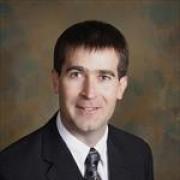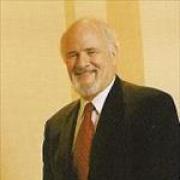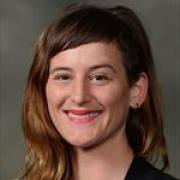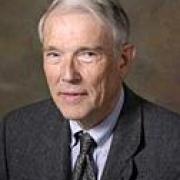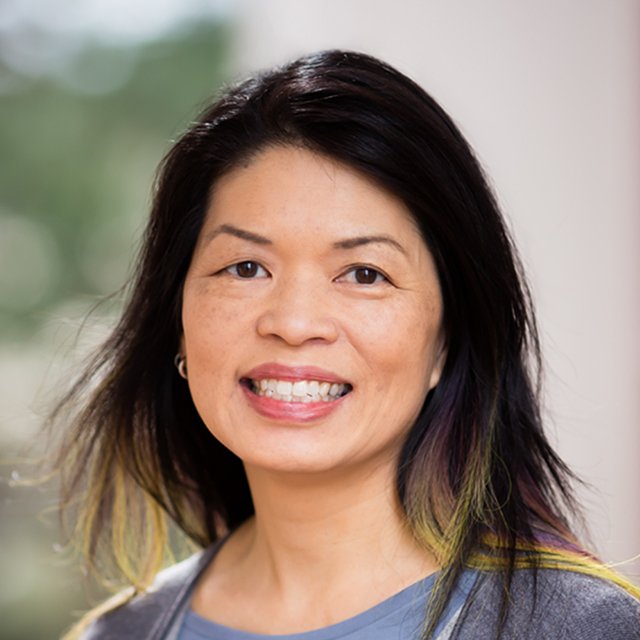Jeffrey Gotts, MD, PhD
Effects of cigarette smoke and e-cigarette aerosols on susceptibility to acute respiratory distress syndrome (ARDS), a major cause of respiratory failure in critically ill patients.
Jennifer Grandis, MD
Signal transduction in head and neck squamous cell carcinoma (tobacco-caused cancers) development and progression with the ultimate goal of targeting key pathways for therapeutic benefit.
Lawrence Green, DrPH, MPH
Health promotion, including tobacco control, with particular emphasis on knowledge dissemination, transfer, program planning and implementation strategies in making practice more evidence-based by making evidence more practice-based.
Valerie Gribben, MD
Valerie Gribben, MD, FAAP is an Assistant Professor of Pediatrics at UCSF. Research interests include: reducing primary and secondhand vaping, cigarette, and marijuana exposure in children and teens; vaping patterns of teenagers during the COVID-19 pandemic; the intersection between digital usage and vaping; social media interventions to assist in vaping cessation; and health disparities in tobacco use and exposure.
Sharon Hall, PhD
Clinical trials for the treatment of nicotine dependence, with emphasis on treatments that reflect a chronic disease model, and on complex populations.
Judith Hellman, MD
My research program is focused on basic and translational research on sepsis and other forms of inflammation-driven acute organ failure ("Inflammatory Critical Illness"). Sepsis and multiple organ failure are leading causes of death in the Intensive Care Unit. These processes result from a complex inflammatory response that is initiated through the innate immune system by interactions between host cells and microbes or endogenous host factors that are released during injury or cell death. The family of Toll-like receptors (TLRs) recognize different microbial components and endogenous host factors, and are critical in initiating inflammatory responses to infection. The Hellman Group studies TLR-dependent pathways expressed by macrophages as well as non-conventional inflammatory cells, including endothelial cells, in Inflammatory Critical Illness, focusing on their roles in coagulopathy, vascular permeability, neutrophil trafficking to organs, and organ injury and failure.
Carolyn Hendrickson, MD, MPH
Effect of smoke on Acute Respiratory Distress Syndrome
Robert Hiatt, MD
Cancer epidemiology and studies of cancer etiology, early development, the environment and social determinants.
Cristin Kearns, DDS, MBA
Establishing food industry documents research as a new area of investigation that transforms the way people think about sugar and the sugar industry’s role in promoting health inequities related to dental caries, obesity, heart disease, and diabetes.

